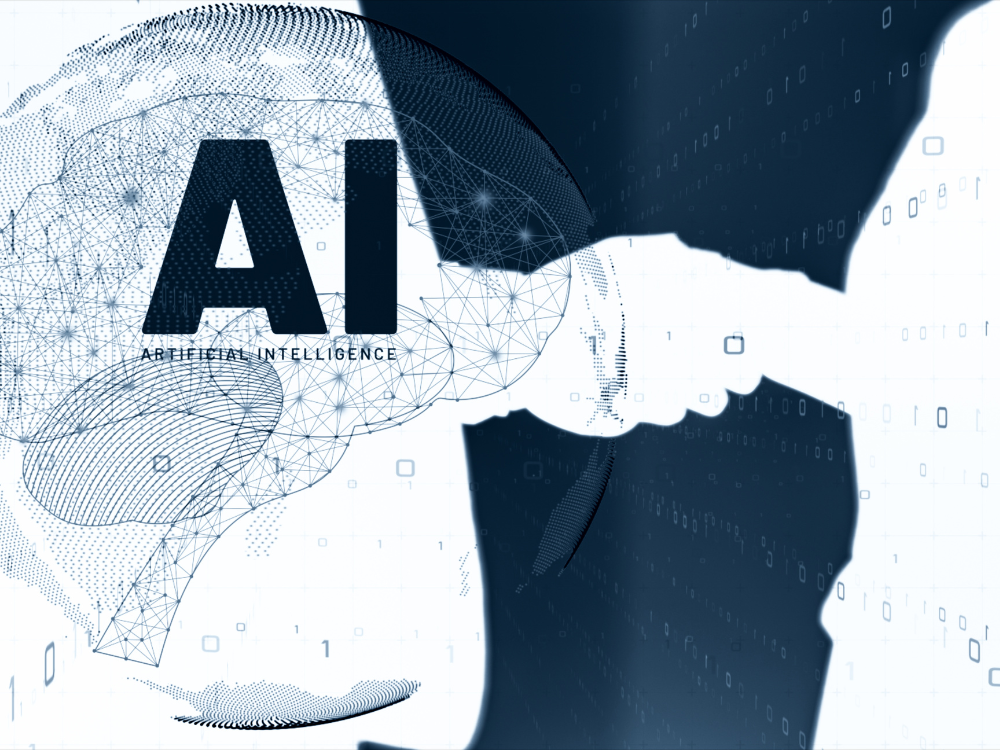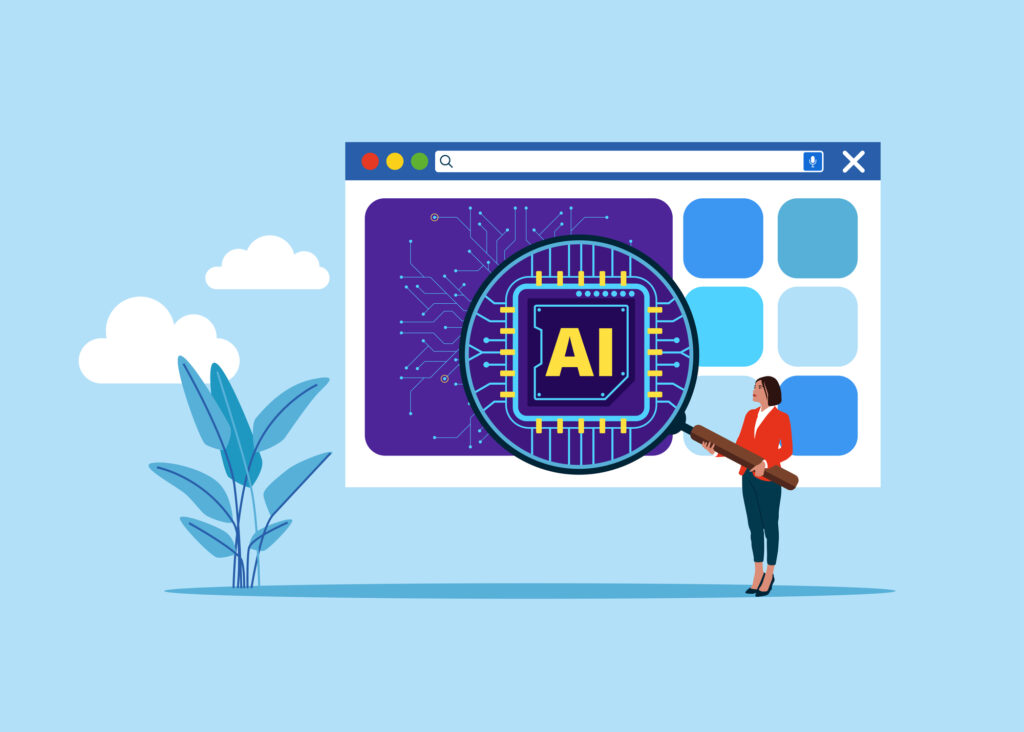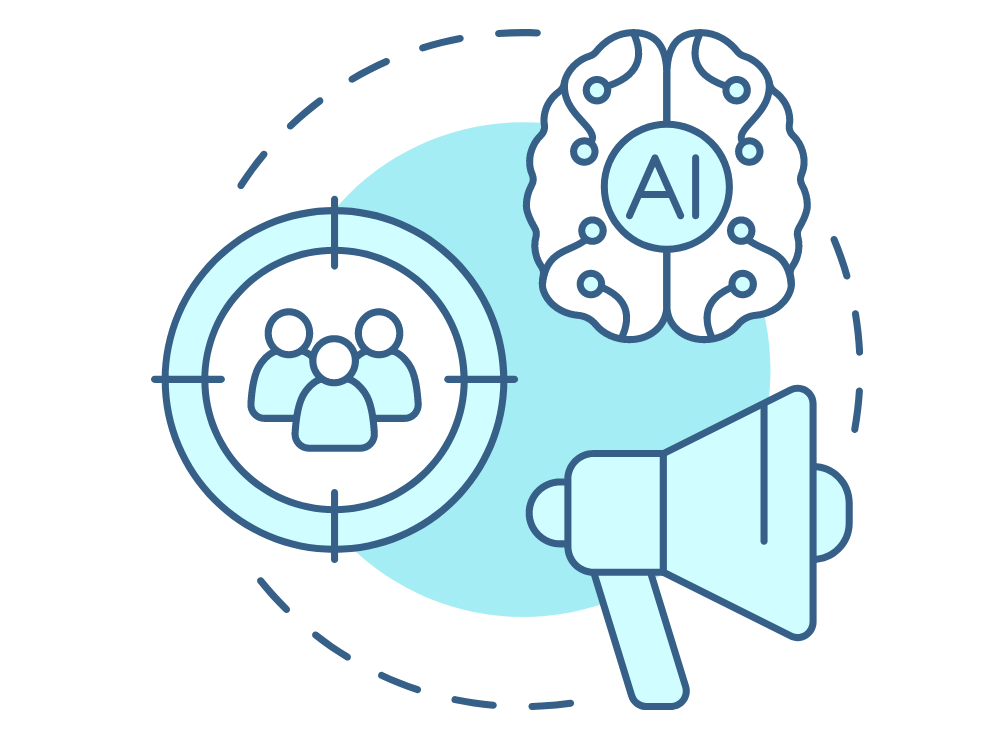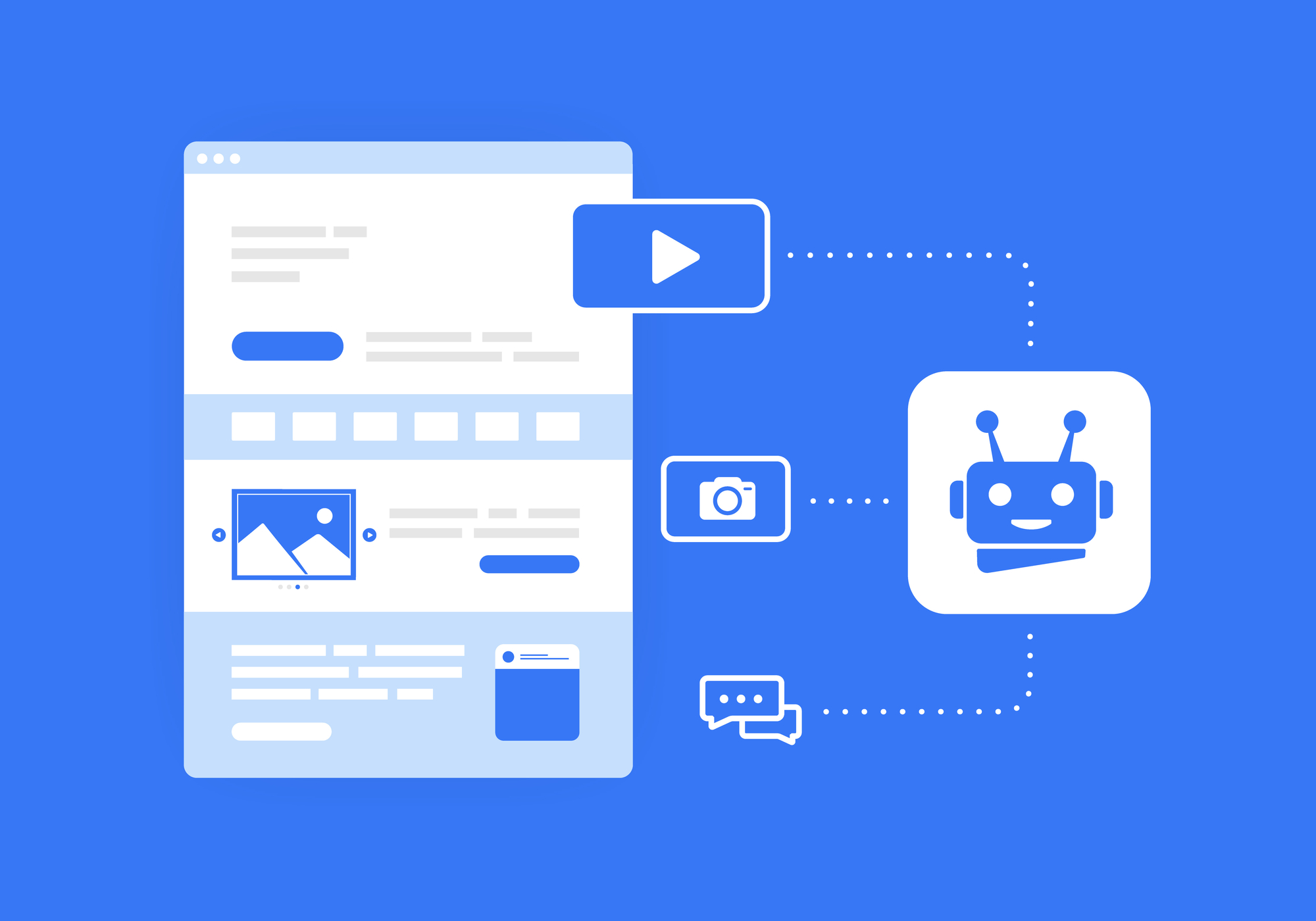Artificial Intelligence (AI) is transforming the advertising landscape, making campaigns more efficient, targeted, and effective. Here’s how AI is revolutionizing advertising and how you can harness its power:
Key Benefits of AI in Advertising
- Advanced Targeting: AI analyzes vast amounts of data to identify the best audiences for your ads. This ensures that your message reaches the right people, increasing the chances of engagement and conversion.
- Real-Time Optimization: AI algorithms can adjust bids, placements, and creative elements in real time based on performance data. This continuous optimization improves the effectiveness of ad campaigns and maximizes ROI.
- Enhanced Creativity: AI tools can generate ad copy, design visuals, and even create videos, helping marketers produce high-quality content faster and more efficiently. This capability allows for more experimentation and innovation in ad campaigns.
- Predictive Analytics: AI can forecast trends and customer behavior, allowing marketers to anticipate needs and adjust strategies proactively. Predictive analytics helps in planning more effective campaigns and staying ahead of competitors.

How to Implement ArtificiaI Intelligence in Your Advertising Strategy
- Ad Targeting: Use AI-powered platforms like Google Ads and Facebook Ads to target audiences more accurately based on their behavior and preferences. These platforms use machine learning to continuously improve targeting precision.
- Dynamic Creative Optimization: Implement AI tools that automatically adjust ad creatives to improve engagement and performance. These tools can test multiple variations and determine the best-performing elements in real time.
- Chatbots for Engagement: Deploy AI chatbots to engage with users in real time, answering queries and guiding them through the sales funnel. Chatbots can provide personalized experiences and collect valuable data on customer preferences.
- Predictive Analytics: Leverage AI to analyze data and predict future trends. This helps in creating more effective marketing strategies that are proactive rather than reactive. Tools like Apollo.io and LinkedIn Insights can provide predictive analytics for more informed decision-making.
AI is transforming advertising by enabling advanced targeting, real-time optimization, enhanced creativity, and predictive analytics. By incorporating AI into their advertising strategies, businesses can create more efficient, effective, and innovative campaigns. This not only improves engagement and conversions but also ensures a higher return on investment. Embracing AI-driven advertising tools and techniques positions companies at the forefront of the digital marketing revolution, driving sustained growth and success.





